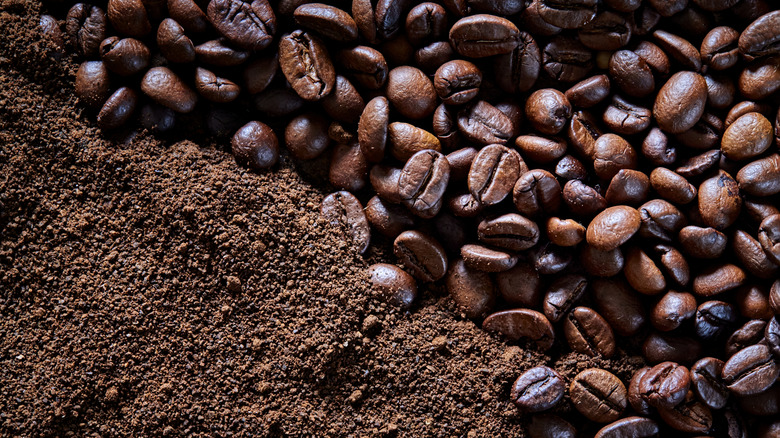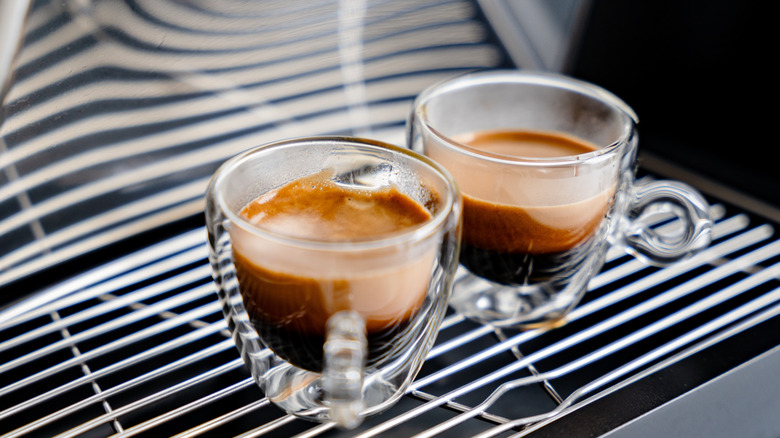Is It Necessary To Thaw Frozen Coffee Beans Before Grinding Them?
As with all foods, the point of freezing is to preserve freshness and flavor for as long as possible, and coffee beans are no exception as they do expire. However, the catch is that almost all foods require thawing before consumption or cooking. Here, coffee beans may differ. Ultimately, it is not necessary to thaw coffee beans before grinding them – though there is more to the story to unpack.
The primary concerns of grinding frozen coffee beans are that they will damage the grinder, and the flavor of the coffee may be negatively impacted. Regarding the former, you have a dispute between grinder manufacturers and actual baristas and coffee aficionados. While the latter two groups maintain that they see no noticeable damage to the machines, a number of manufacturing companies will urge users to not grind frozen beans as they may cause rusting to the blades. While companies know their products best, it can't be left unsaid that this warning may just be to protect themselves from any subsequent damage. Still, a number of companies manufacture their machines with this in mind, and it is becoming more common to see explicit approvals for frozen beans.
The idea that frozen beans result in wet beans, ultimately tarnishing the taste, is unfounded. Roasted coffee beans contain about 2% moisture, so freezing them in an airtight container – the best way to store your coffee beans – won't add to this. It's true that the grinder heats up the beans, but this process is quick and any released moisture will soon evaporate before it has the chance to impact the quality of the beans. In a nutshell: It's most likely just fine to grind frozen beans — just be careful they stay dry.
Benefits of grinding frozen coffee beans
It used to be taboo, but these days, more and more people are freezing (and grinding) their beans — and for good reason. Freezing your beans before grinding helps tremendously in achieving equal particle size distribution. The more uniform the grounds, the smoother the actual brewing will be as larger grounds require more time and heat, which may be too much for smaller grounds. The harder and more internally consistent texture of frozen coffee beans allows them to break up more evenly.
While the heat from the grinder can actually sully the taste of fresh coffee beans, freezing them adds a layer of protection that essentially buys them more time in the machine. This allows coffee makers to grind the beans for longer, achieving smoother, finer grounds, without concern of compromising the flavors. This can be especially useful for aromatic beans where you really want the delicate, natural flavors to shine through. Think of the sweeter brew you get from white beans — you don't want to destroy their delicate flavor. Contrary to the belief that freezing beans will compromise the taste, brewers both amateur and professional experience a more nuanced and enhanced flavor profile when grinding frozen beans, likely due to the extended extraction time.


